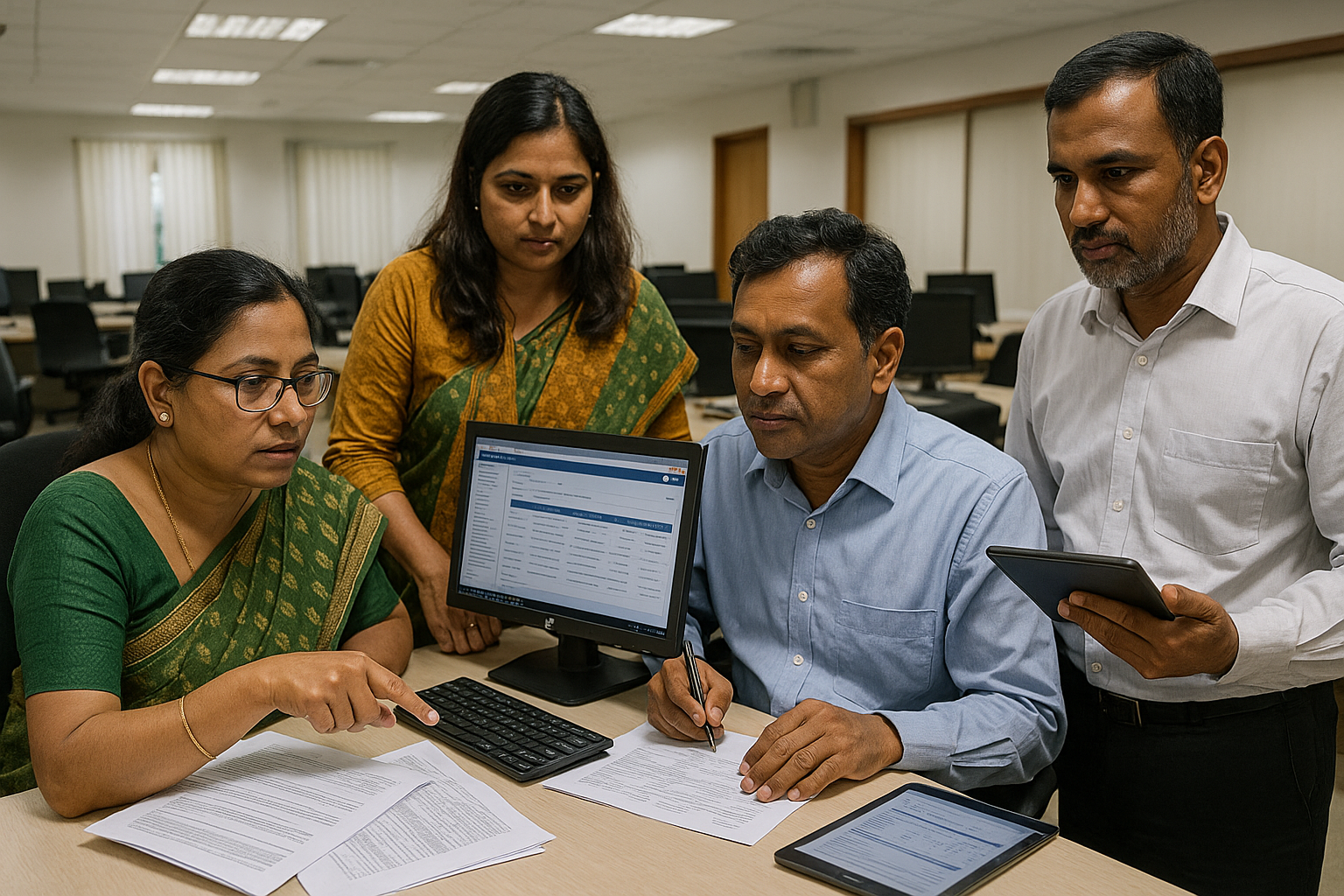Bangladesh Charts Path to Empower SMEs as Drivers of Inclusive Growth
Bangladesh’s SME sector employs an estimated 3.7 million people, making it a cornerstone of national economic resilience and job creation.

- Country:
- Bangladesh
In a concerted push to strengthen the backbone of Bangladesh’s economy, the International Labour Organization (ILO), in collaboration with the SME Foundation and with support from the Government of Canada, hosted a pivotal seminar under the ProGRESS project. Held to mark Micro-, Small, and Medium-sized Enterprises (MSME) Day 2025, the event brought together over 200 participants, including entrepreneurs, economists, policymakers, and development partners, aiming to chart an ambitious course for the future of SMEs in Bangladesh.
SMEs: Anchors of Employment and Innovation
Bangladesh’s SME sector employs an estimated 3.7 million people, making it a cornerstone of national economic resilience and job creation. Anwar Hossain, Managing Director of the SME Foundation, opened the seminar by emphasizing the vital role of SMEs in sustaining livelihoods and powering economic diversification.
Highlighting new tools to support this sector, he unveiled plans for a national display centre for local products and introduced the Women Entrepreneurs Directory, a digital platform designed to boost visibility and market access for women-led businesses. These initiatives, he said, “aim to elevate small-scale businesses and empower rural and underrepresented voices, particularly women entrepreneurs.”
Safia Tasneem Dola, from the Manikganj Women Chamber of Commerce, emphasized the need for policy inclusivity, calling for greater integration of grassroots perspectives—especially rural women entrepreneurs—into national SME strategies.
Unlocking Potential: Tackling Structural Barriers
Dr. Debapriyo Bhattacharya, a leading economist and keynote speaker, provided a sobering analysis of the challenges that continue to hold SMEs back. He pointed to inconsistent definitions of SMEs across government institutions, a high informality rate, lack of adequate social protection, and a dominant reliance on loans for capital, rather than diversified investment or innovation-driven financing.
Dr. Bhattacharya called for the upcoming 2025 SME Policy to focus on formalization, sustainability, and resilience. “Financing is only one part of the puzzle. Without formalization, SMEs remain outside the scope of social safety nets and long-term growth strategies,” he said.
Echoing these concerns, Pedro Jr. Bellen, Officer-in-Charge at the ILO Country Office for Bangladesh, advocated for a simplified regulatory framework, stronger value chains, and better access to public services. “SMEs are not peripheral—they are central to building a fairer and more inclusive economic future,” he said.
Building Infrastructure for Growth
Ashik Chowdhury, Executive Chairman of the Bangladesh Investment Development Authority (BIDA), emphasized the need for targeted interventions in logistics and supply chain infrastructure. “We must focus on enhancing backward linkages and promoting domestic value addition. SMEs must be at the heart of Bangladesh’s strategy to emerge as a global supply chain hub,” he said.
Tools to Enable Formalization
A highlight of the event was the official launch of user-friendly Tax and VAT Manuals, developed jointly by ILO and the SME Foundation. These guides are aimed at making tax compliance more approachable for small business owners and are considered a critical step toward wider SME formalization.
“Formalization doesn’t just protect entrepreneurs; it opens doors to credit, social protection, and fair competition,” noted Nabin Kumar Karna, SME Specialist with the ILO’s ProGRESS project.
Voices of Encouragement: A Call to Action
Lutfey Siddiqi, Chief Adviser’s Envoy for International Affairs, posed a provocative challenge to attendees: “Are we doing enough for those who take the biggest risks? The entrepreneurs, the innovators—those who drive employment in this country?”
His remarks served as a call for collective responsibility among facilitators of economic growth—from policymakers and civil society to development partners.
Celebrating Innovation: A Marketplace of Ideas
Beyond speeches and policy discussions, the seminar offered a product showcase, where 60 entrepreneurs exhibited innovations in food processing, handicrafts, textiles, technology, and sustainable packaging. The exhibition allowed entrepreneurs to connect with policymakers, potential investors, and fellow business owners.
Participants praised the event for being not only informative but also action-oriented. For many small business owners, the visibility and direct engagement with stakeholders were invaluable.
Looking Ahead: A More Inclusive Ecosystem
The seminar concluded with a reaffirmation of the ILO’s commitment to promoting decent work, inclusive growth, and a supportive SME ecosystem. With over 1.1 million families having already benefited from development projects supported by IFAD and other partners, the ambition is now to scale up support, especially in rural and underserved regions.
As Bangladesh continues its march toward becoming a middle-income country, empowering SMEs remains a central strategy—not just for economic growth, but for social equity, innovation, and national resilience.










